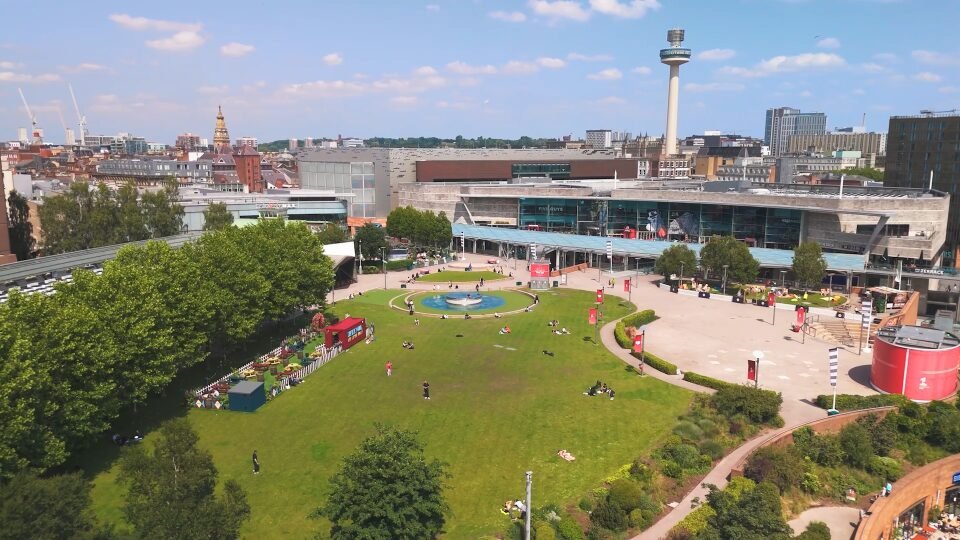One of Liverpool’s original seven medieval streets is to temporarily close tomorrow (Friday 5 March) as part of a £47m highways scheme in the city centre.
Water Street, which used to lead down to the Mersey shoreline, is to close for two weeks from 9.30am on Friday, 5 March to enable engineering works at its junction with The Strand.
The Strand – which runs past the historic Royal Albert Docks, Liverpool ONE and the Three Graces – is undergoing a £22m eco-friendly redesign to improve air quality as part of the Liverpool City Centre Connectivity programme.
The scale of the engineering works requires Water Street to be closed at its junction with Castle Street just before Liverpool Town Hall.
Current bollard access restriction to Castle Street, Brunswick Street and Lower Castle Street will be lifted temporarily to allow vehicle access for the duration of the works. Road diversions will be in place whilst business deliveries will be allowed.
Water street will reopen on Monday, 22 March.
The poor safety record of The Strand, with four fatalities in the two years before works began, is also being addressed with the creation of wider pavements and shorter pedestrian crossings.
The removal of several junctions along the 2km long, four-lane dual carriageway, such as Mann Island, has also been designed to ensure traffic flow is more fluid meaning less air pollution, as cars are not stopping and starting so frequently.
The Mann Island junction is to be remodelled as open space and a potential site for performances and public art.
The Strand currently has a one-lane filter on the Southbound carriageway, from Leeds Street to James Street, to allow contractors to install a new kerb line, footpath and to plant more than 30 new trees. This first phase of works is due to end in Summer 2021.
Another key element of the new look Strand is to create a permanent segregated cycle lane to connect the south of Liverpool to the north, allowing cyclists to eventually ride the full length of the Mersey from Otterspool to Southport. Plans are also being developed to ensure the city’s new 65-mile pop-up cycle lane network is connected.
New trees, specially planted to reduce flooding, and public spaces are also being installed as part of a wider strategy to attract and promote walking in the city centre.
It is estimated that the overhaul of The Strand, which has remained untouched since the 1950s, will be complete by Spring 2022.
The £47m Liverpool City Centre Connectivity (LCCC) scheme has already led to changes to Victoria Street, Dale Street, Brownlow Hill, City Bus Hub and the removal of the Churchill Way Flyover, as well as a new coach park.
The LCCC is receiving £40.1m from the Local Growth Fund with local match funding of £7m and is a major part of Liverpool City Council’s Better Roads programme. Local Growth Funding is awarded to the Liverpool City Region Local Enterprise Partnership (LEP) and invested through the Liverpool City Region Combined Authority through its Strategic Investment Fund.
Bill Addy, Chief Executive of Liverpool BID Company, said:
“As part of the Commercial District Strategic Regeneration Framework one of the issues raised was around connectivity and accessibility which the city centre progarmme is beginning to address.
“Businesses still need to work while this goes on and we’ll be working with the council to raise any concerns businesses have around access to their offices or getting around in the short term while these works continue.”










